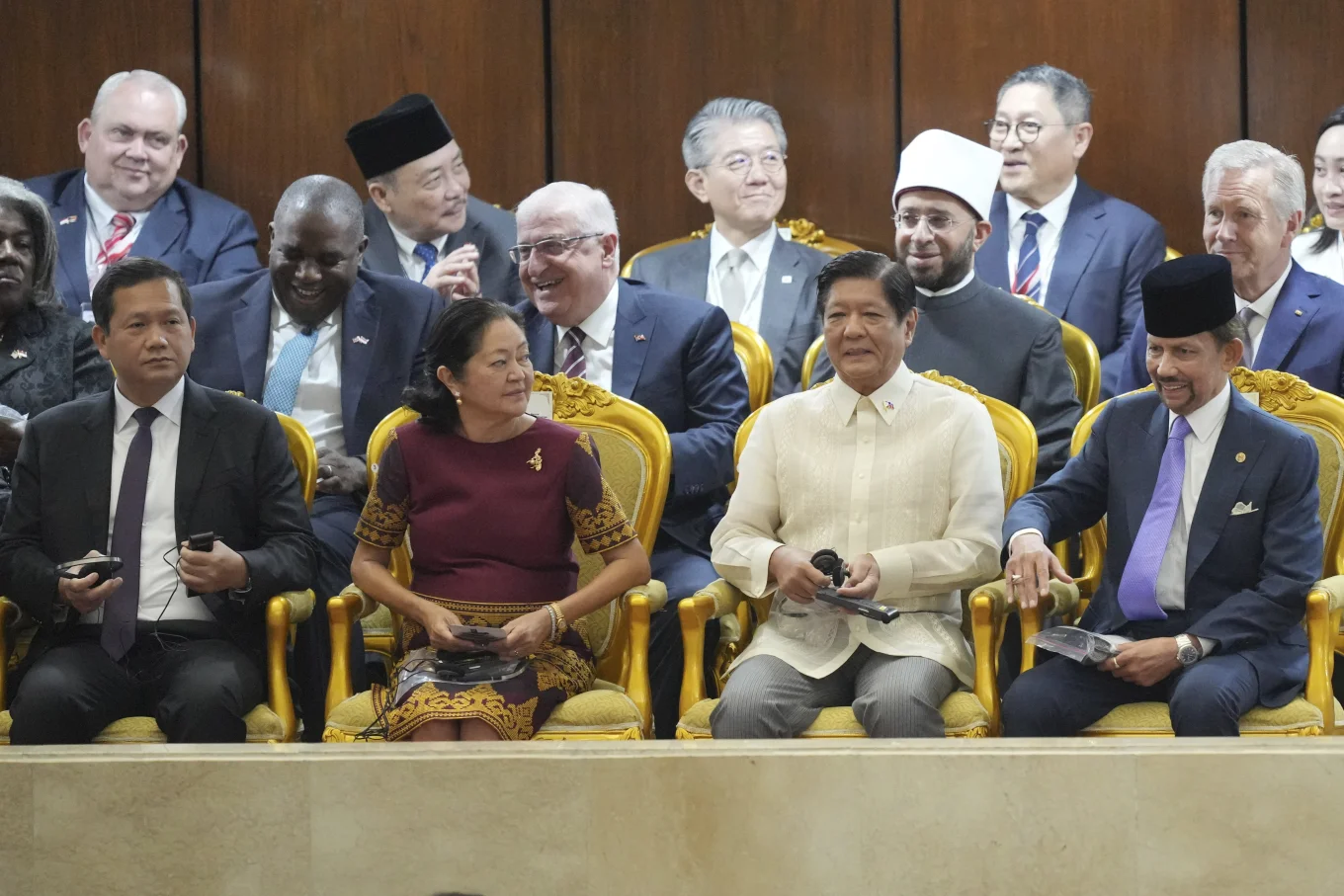Prabowo Subianto was inaugurated as Indonesia’s eighth president on October 20, 2024, concluding his journey from a controversial military figure to the highest office in the world’s largest Muslim-majority nation.
His swearing-in ceremony took place in Jakarta, attended by lawmakers and international dignitaries, marking a significant transition for Indonesia. Subianto, 73, who has faced allegations of human rights abuses during his military career, took his oath on the Quran, a gesture reflecting his commitment to the nation’s Islamic identity.
Celebrations erupted across Jakarta as thousands of supporters lined the streets to welcome their new president. Dressed in a traditional Betawi outfit and a baseball cap, Subianto greeted his supporters from a motorcade, embodying the patriotic fervor of his campaign. His rise to the presidency comes after a long-standing rivalry with outgoing President Joko Widodo, with supporters chanting his name as he made his way to the presidential palace.
In the lead-up to the election, Subianto transformed his political stance from rivalry to alliance with Widodo, who had previously defeated him in the 2014 and 2019 elections. After Widodo’s reelection, Subianto was appointed as defense minister, facilitating their political collaboration. Running as Widodo’s chosen successor, Subianto pledged to continue key initiatives, including the construction of a new capital city and the promotion of domestic industries by restricting the export of raw materials.

Prabowo Subianto Takes Office as Indonesia’s Eighth President Amid Celebrations and Challenges
Subianto’s vice president, Gibran Rakabuming Raka, is the son of the outgoing president, further solidifying the political alliance between the two leaders. This partnership is significant in Indonesian politics, where endorsements across party lines are uncommon. The inauguration ceremony attracted leaders from over 30 countries, underscoring Indonesia’s rising prominence on the global stage and the importance of its leadership for regional stability.
Despite his political ascent, Subianto’s past as a former general raises questions about his leadership style and the challenges he will face in governing a diverse and rapidly evolving nation. Coming from one of Indonesia’s wealthiest families, he contrasts sharply with Widodo, who was the first president to rise from a non-elite background. The success of his presidency will largely depend on his ability to address the economic and social issues facing the country.
In his inaugural address, Subianto tackled pressing issues such as corruption, poverty, and malnutrition. He promised to implement policies aimed at boosting economic growth, enhancing food security, and improving educational opportunities for children. One of his significant pledges includes providing free school lunches for millions of students, an initiative aimed at combating child malnutrition and ensuring that every child has access to education.
Subianto has also committed to a non-aligned foreign policy, advocating for the rights of oppressed people and standing against colonialism. His administration is expected to pursue a balanced approach to relations with major powers, such as the U.S. and China. Observers noted his emphasis on defense development and military cooperation as key priorities, signaling his intention to bolster Indonesia’s position in regional security matters.
As Subianto embarks on his presidency, the international community will be watching closely to see how he navigates domestic challenges and international relations. His capacity to deliver on promises of economic reform, infrastructure development, and anti-corruption initiatives will be crucial for shaping Indonesia’s future and determining the success of his administration.
